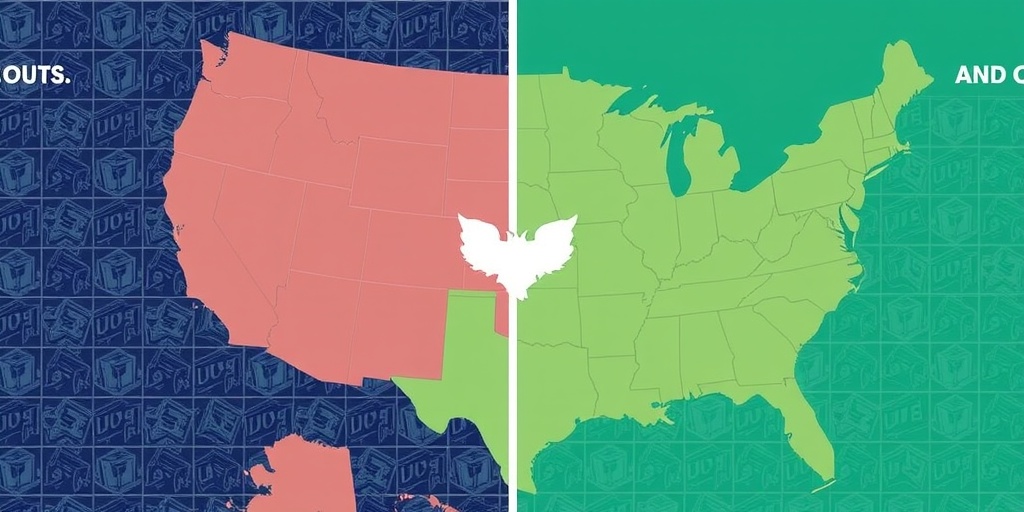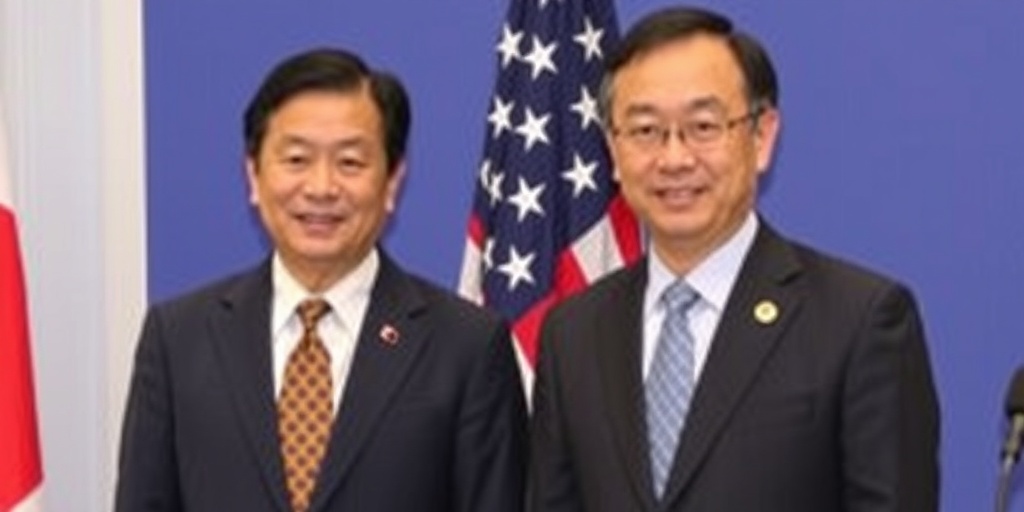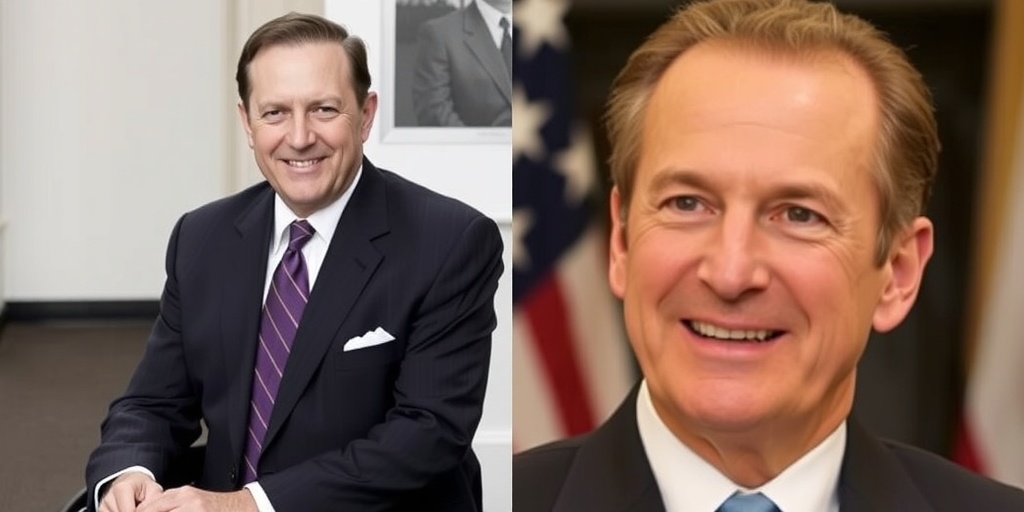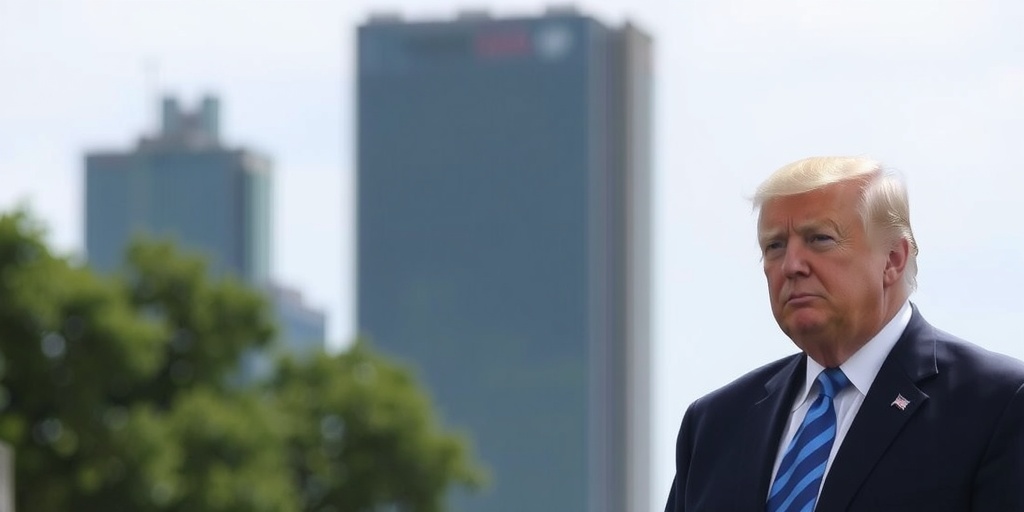Now Reading: U.S. Cuts Promised Aid Programs
-
01
U.S. Cuts Promised Aid Programs
U.S. Cuts Promised Aid Programs

U.S. Foreign Aid Cuts Leave Millions Vulnerable Amid Humanitarian Crisis
One month ago, Secretary of State Marco Rubio declared that the Trump administration had completed a significant overhaul of foreign assistance programs, maintaining only a limited selection of essential humanitarian aid initiatives. However, in recent days, reports indicate that the administration has drastically reduced the number of humanitarian programs it had previously committed to preserving, according to information from government officials and humanitarian workers. These reductions threaten to deny some of the world’s most impoverished and vulnerable populations access to basic necessities such as food, clean water, and medical care.
The cuts have severely impacted countries like Afghanistan and Yemen, where millions already suffer from food insecurity. U.S.-supported humanitarian aid has been entirely halted in these nations, while others, including Niger and the Democratic Republic of Congo, have also seen substantial reductions in funding for critical food assistance programs as conflict continues to displace countless civilians.
The U.N. World Food Program, tasked with distributing humanitarian aid globally, has voiced grave concerns over the implications of these funding cuts. In a recent statement on social media, the organization emphasized that the termination of these programs could lead to "a death sentence for millions of people facing extreme hunger and starvation," underscoring the urgent need for continued support.
The recent cuts are part of a broader strategy by the Trump administration to diminish the role of the U.S. Agency for International Development (USAID), the traditional federal agency responsible for administering foreign aid. The State Department has announced it will assume control over the remaining functions of USAID by August 15, with Pete Marocco, who previously oversaw significant reductions to the agency, set to manage these efforts.
The process of implementing these reductions has been marked by chaotic and seemingly arbitrary decisions. Last week, USAID officials received lists identifying contracts and awards that were still active. However, by the weekend, many of these projects were abruptly canceled, leaving government employees and external organizations scrambling to adjust. In an unexpected turn, some programs were reinstated just days later, prompting confusion and frustration among those involved.
Among the severely affected entities is the World Food Program, which faced a whiplash of funding changes. Over the weekend, proposed budget cuts threatened to dismantle programs across 14 countries, including high-risk areas such as Chad, Congo, Ecuador, Iraq, Jordan, Lebanon, Madagascar, Mali, Niger, Nigeria, Somalia, Syria, and Yemen. Fortunately, on Tuesday, funding was restored for several of these nations, including Ecuador, Iraq, Lebanon, Somalia, and Syria.
Despite the restoration of some programs, dire consequences loom for nations that remain on the cutting block. The World Food Program anticipates that the cessation of U.S. funding in Afghanistan will eliminate food assistance for approximately two million individuals, impacting around 400,000 malnourished mothers and children. In Yemen, the cuts would terminate aid that nearly 2.4 million people depend on, while all food assistance within the eastern regions of Congo would cease entirely.
Further exacerbating the situation, the Trump administration has withdrawn funding for the U.N. Humanitarian Air Service, managed by the World Food Program, which is crucial for transporting aid workers and supplies to remote communities in desperate need.
Reports from current and former USAID employees indicate that these cuts are not following a systematic or transparent process. Instead, many officials are learning about program terminations through aid organizations rather than through formal communications from the agency. Documentation reviewed by The New York Times indicates that President Trump has actively directed some of these cuts. An email from Mr. Marocco revealed that the White House had inquired whether the agency had adhered to the president’s directive to halt all payments to Afghanistan.
The White House has yet to respond to inquiries regarding Trump’s specific involvement in these funding cuts.
Other cuts within the administration have reportedly been orchestrated by Jeremy Lewin, a relatively new appointee charged with overseeing USAID’s operations. Mr. Lewin has been involved in initiatives aimed at slashing costs, including collaboration with tech billionaire Elon Musk’s cost-cutting task force.
In a recent communication to staff members, Lewin addressed the chaotic process surrounding fund restoration for the World Food Program, expressing apologies for the inconsistent messaging. During a press briefing on Tuesday, State Department spokeswoman Tammy Bruce faced tough questions regarding Rubio’s role in the approval of these latest cuts but struggled to provide a coherent response.
President Trump issued an executive order in January, pausing all foreign aid pending a review. Later, Rubio assured that essential humanitarian assistance would continue uninterrupted. However, a statement delivered by the Trump administration during a World Food Program executive board meeting in mid-February introduced significant reservations. “President Trump has stated clearly that the United States is no longer going to dole out money with no return for the American people,” the statement noted, hinting at a shift in priorities away from traditional humanitarian provisions toward a more transactional approach.
The administration’s approach towards other forms of international assistance has also been altered. In recent days, the administration has dismissed the remaining health officials managing HIV prevention and treatment initiatives under the President’s Emergency Plan for AIDS Relief (PEPFAR). While some funding remains, key staff members have been laid off, leaving uncertainty regarding the future of services provided to vulnerable populations in Africa.
The status of funding for other critical global health initiatives, such as Gavi, the global vaccine alliance for children in developing nations, remains equally uncertain.
This tumultuous landscape of foreign aid cuts poses substantial risks for millions of people globally who rely on these critical support systems for their survival, leaving humanitarian organizations and advocates urgently calling for a reevaluation of the administration’s approach to international assistance.
Stay Informed With the Latest & Most Important News
Previous Post
Next Post
-
 01New technology breakthrough has everyone talking right now
01New technology breakthrough has everyone talking right now -
 02Unbelievable life hack everyone needs to try today
02Unbelievable life hack everyone needs to try today -
 03Fascinating discovery found buried deep beneath the ocean
03Fascinating discovery found buried deep beneath the ocean -
 04Man invents genius device that solves everyday problems
04Man invents genius device that solves everyday problems -
 05Shocking discovery that changes what we know forever
05Shocking discovery that changes what we know forever -
 06Internet goes wild over celebrity’s unexpected fashion choice
06Internet goes wild over celebrity’s unexpected fashion choice -
 07Rare animal sighting stuns scientists and wildlife lovers
07Rare animal sighting stuns scientists and wildlife lovers





















